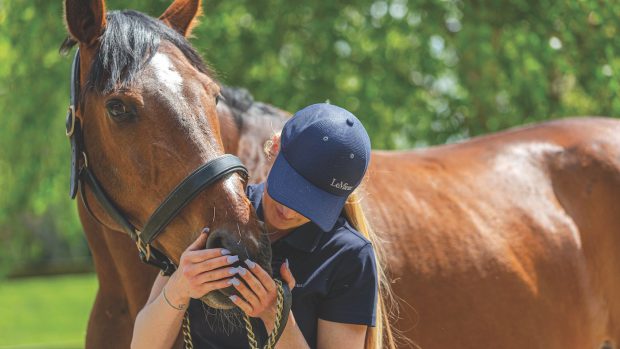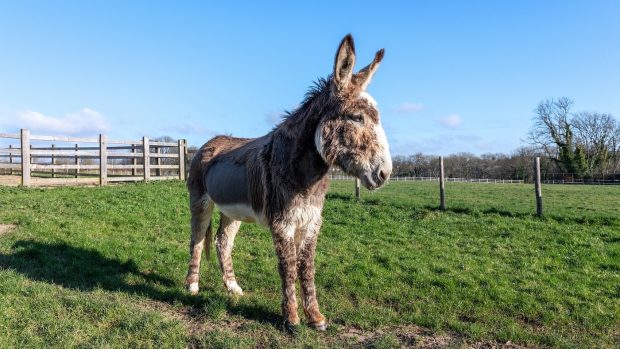More cases of post-operative colic in horses could be avoided, thanks to new research on risk factors that may help vets implement preventative measures.
A new US veterinary study, published in the Equine Veterinary Journal (EVJ), investigated the records of 416 horses undergoing general anaesthetic. It found that 8.7% were later diagnosed with colic.
The results showed that increasing blood lactate levels on blood tests, delayed faecal output, lying down on the right side and decreased rectal temperature were associated with an increased risk of colic, as well as an apparent predisposition in Arab horses.
Diana Hassel, the study’s instigator at Colorado State University, said the findings should help clinicians identify higher-risk horses and take preventative action. This could include stomach tubing with liquid paraffin, water and/or electrolytes to stimulate gut motility.
EVJ editor Professor Celia Marr said: “Rigorous monitoring of higher-risk surgical cases should lead to a reduction in incidences of post-operative colic, making recovery procedures less difficult.”
H&H vet Karen Coumbe said the study confirms that day and night supervision of patients post-operation is vital. She added that horses experiencing pain or stress may be more likely to develop colic.
“There is a careful clinical balance required between using painkillers to keep horses comfortable, but not disguising other signs, such as lameness as an injury heals,” she said.
“Proper pain management is important, both during and after any surgery. Horses, as prey animals, are reluctant to show pain, which means fastidious post-op checks are necessary to detect subtle problems before they develop into major issues.”
The findings will be discussed at the Colic Research Symposium in Dublin (8-10 July).
This article was first published in Horse & Hound magazine (6 March 2014)





